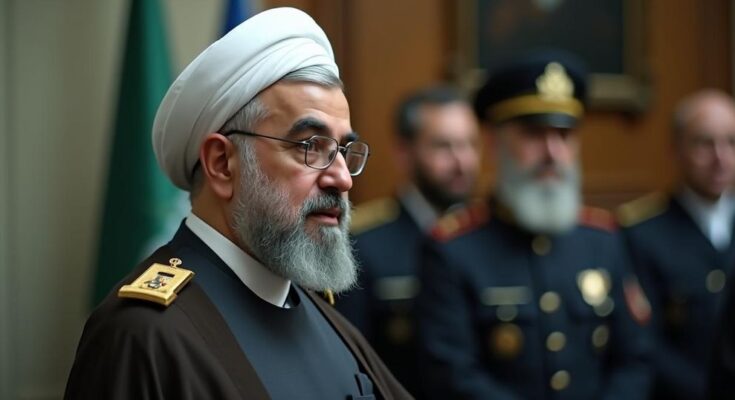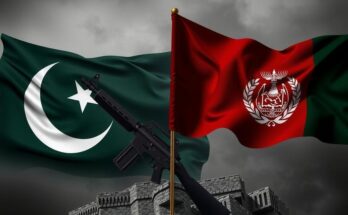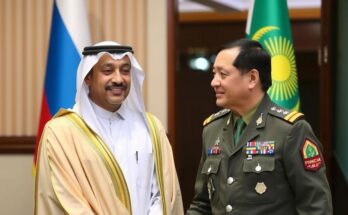The latest escalation in the Iran-Israel conflict includes Israeli airstrikes in Beirut, which killed 22 and injured over 100, targeting Hezbollah. The strikes have drawn international condemnation, calls for a ceasefire, and suggest internal turmoil within Iranian military ranks. Both Israel and Hezbollah have intensified their military operations in recent weeks, further complicating the humanitarian crisis in the region.
Recent developments in the Iran-Israel conflict underscore the intensifying military engagements and geopolitical tensions in the region. On Thursday, the Israeli military conducted airstrikes in Beirut, resulting in the deaths of 22 individuals and injuring 117 others, aimed at targeting Hezbollah’s Wafiq Safa, who was, however, absent during the strikes. The attacks on residential buildings have prompted widespread condemnation, including calls for a ceasefire from Lebanon’s UN ambassador and the United States. The ongoing offensive has led to over 2,000 fatalities and massive displacement in Lebanon. Concurrently, Israeli operations in Gaza continue as well, resulting in further casualties. In response to the escalating violence, U.S. Vice President Kamala Harris emphasized the need for de-escalation, asserting that a ceasefire is imperative. Furthermore, developments regarding Iranian military leadership have surfaced, with reports suggesting that Esmail Qaani is under investigation for alleged espionage on behalf of Israeli forces following the deaths of key Hezbollah leaders.
The Iran-Israel conflict has been characterized by a series of military confrontations that have significantly impacted the geopolitical landscape of the region. Israel’s military actions often target Hezbollah, a militant group based in Lebanon, amid ongoing tensions with Iran, which supports Hezbollah. The recent airstrikes are part of a broader strategy by Israel to weaken Hezbollah’s military capabilities. The involvement of UN peacekeepers and international calls for a ceasefire highlights the global concern for stability in Lebanon and the need for a diplomatic resolution to the conflict. The situation is further complicated by internal political dynamics within Iran, especially pertaining to its military leaders’ loyalty amid ongoing hostilities.
In summary, the recent Israeli airstrikes in Lebanon and the ongoing military operations in Gaza have escalated the Iran-Israel conflict, eliciting responses from international stakeholders urging for a ceasefire and highlighting the need for diplomatic efforts to stabilize the region. Reports regarding potential espionage within Iranian military leadership further complicate the conflict, indicating heightened internal pressures amidst external threats. The humanitarian ramifications of this conflict are severe, with thousands of casualties and widespread displacement in Lebanon, calling for urgent international intervention and support.
Original Source: www.hindustantimes.com




